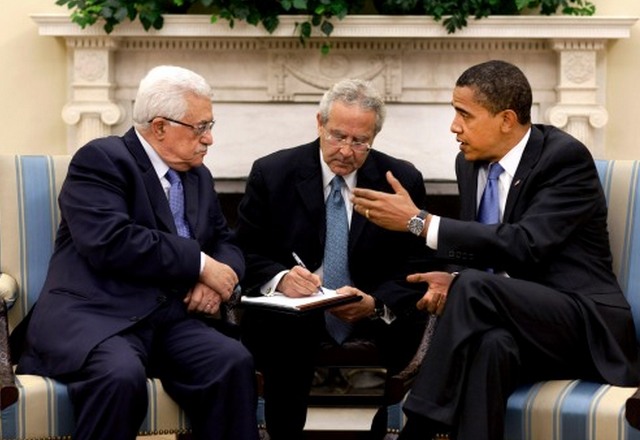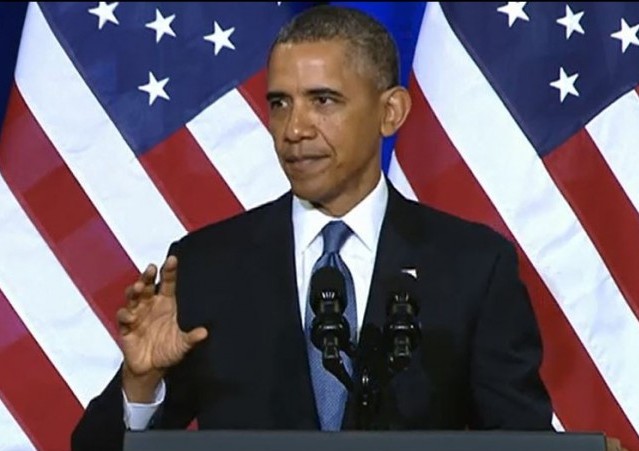The Skewed Middle Eastern Moral Equivalence of the NY Times
on July 09, 2014
5 Comments
The New York Times, in the past week, has twice drawn a false moral equivalence between Israeli society and Palestinian society.
Last week after the killing of Mohammad Abu Khdair, Isabel Kershner of the New York Times wrote:
The two events exposed the extent to which parts of each side have dehumanized the other. After the kidnapping of the three Israeli teenagers last month, messages posted on social networks by Palestinians celebrated the capture of “three Shalits,” in reference to Gilad Shalit, the Israeli soldier held captive by Hamas militants in Gaza, who was eventually released in exchange for 1,027 prisoners. A 17-year-old created the Facebook group calling for revenge for the kidnapping of the three Israelis, and an Israeli blogger, Ami Kaufman, pointed to a photograph submitted to the Facebook group by two smiling girls who held a sign reading, “Hating Arabs is not racism, it’s values!”This was a sentiment repeated in an editorial in today's New York Times, Four Horrific Killings:


























